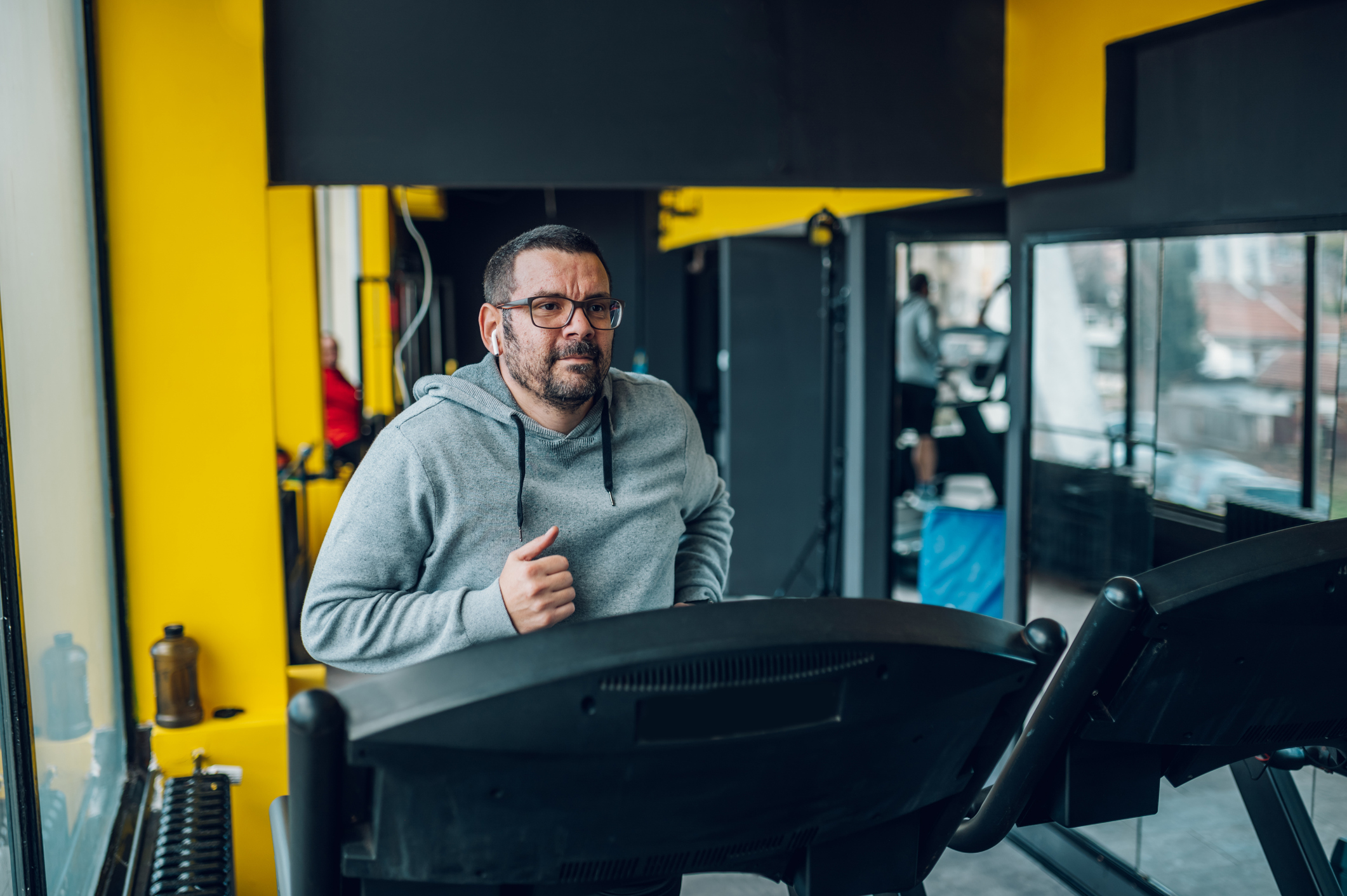The movement to recognize exercise as medicine has incited interest in personalized exercise prescription while simultaneously exposing weaknesses in the existing exercise science literature. As a field, it is acknowledged that differences in an individual’s phenotype (observed characteristics) and genetic makeup will contribute to a marked variability in response to standardized exercise. However, the assumption that this variability in response can be readily and accurately identified and attributed to exercise alone is misguided.
In our study, published in Medicine & Science in Sports & Exercise®, we performed retrospective analyses of data from three randomized controlled exercise interventions including adults with overweight and obesity. We found that less than 13% and 45% of participants improved cardiometabolic outcome measures and cardiorespiratory fitness, respectively, beyond the day-to-day variability of measurement. In other words, the individual responses for 87% and 55% of the participants, respectively, fell within the random variability of measurement for these risk factors and thus, the response may not be attributed to the exercise prescribed. These findings confirm and highlight that study design and measurement precision is critically important for interpreting individual response to exercise.
In the last decade, reproducibility in science has been highlighted as an area of immense concern. However, to date the exercise science field has been immune to scrutiny regarding the rigors of study designs required to help ensure the reproducibility of results. Single measures of health-related outcomes to interpret exercise efficacy that ignore the variability inherent in these measures will only serve to increase the rate of disparate findings between studies — equivocal findings that may not be the result of biological differences but rather, weak study design.
Our findings prompt specific recommendations for both researchers and practitioners. For researchers attempting to determine the efficacy of treatment, improvements in trial design and methodology can help reduce variability and improve the ability to assess the individual’s true response to exercise. Approaches such as including the use of a control group, reporting measurement precision and employing repeated measures of an outcome at the same timepoint should be considered. For exercise practitioners, caution should be used when inferring that the cardiometabolic and/or cardiorespiratory fitness response for a given individual is a direct consequence of exercise alone. At a minimum, practitioners should understand the measured variable’s precision (e.g., coefficients of variability for duplicate measures of cardiorespiratory fitness, anthropometric and functional fitness measures). Subsequently, they should incorporate that knowledge when interpreting a participant’s response to exercise.
For both the researcher and the practitioner, determination of individual response to exercise prescription is complex. However, given that we base treatment plans and follow-up according to the observed response, we need to understand the precision of our assessment tools as practitioners and employ more rigorous and reproducible study designs as investigators.
It is important to recognize that our findings do not argue against the established health benefits associated with adoption of exercise consistent with consensus recommendations identified in guidelines worldwide. Following guideline recommendations will be associated with benefit across a wide range of health outcomes for most, but not all adults. Our findings underscore the complexity associated with interpretation of individual exercise response, and strongly suggest that caution is used when attributing the observed response to the exercise dose prescribed.

Andrea M. Brennan is a biobehavioral research scientist at AdventHealth Research Institute in Orlando, Florida. Dr. Brennan earned her Ph.D. in clinical exercise physiology from Queen’s University in Ontario, Canada under the supervision of Dr. Robert Ross. She has published several manuscripts focusing on response variability in exercise science, including three in Medicine & Science in Sports & Exercise®. She is trained in body composition imaging (MRI, DEXA), immunohistochemistry of skeletal muscle, and cardiometabolic risk factor assessment. Her current research interests include the interaction between nutrition and movement-based strategies for managing obesity and corresponding disease risk in special populations.

Robert Ross, PhD, is currently a professor within the School of Kinesiology and Health Studies and the Department of Medicine, Division of Endocrinology and Metabolism, at Queen’s University. Dr. Ross is the director of the Lifestyle and Cardiometabolic Research unit at Queen’s, wherein his research program focuses on the development of strategies designed to manage lifestyle-based disease. He is a fellow of the American College of Sports Medicine® (ACSM) and the American Heart Association, and is a recipient of ACSM’s Citation Award. Learn more about Dr. Ross’ research program, or contact him via email.
Viewpoints presented in SMB commentaries reflect opinions of the authors and do not necessarily represent ACSM positions or policies. Active Voice authors who have received financial or other considerations from a commercial entity associated with their topic must disclose such relationships at the time they accept an invitation to write for SMB.




